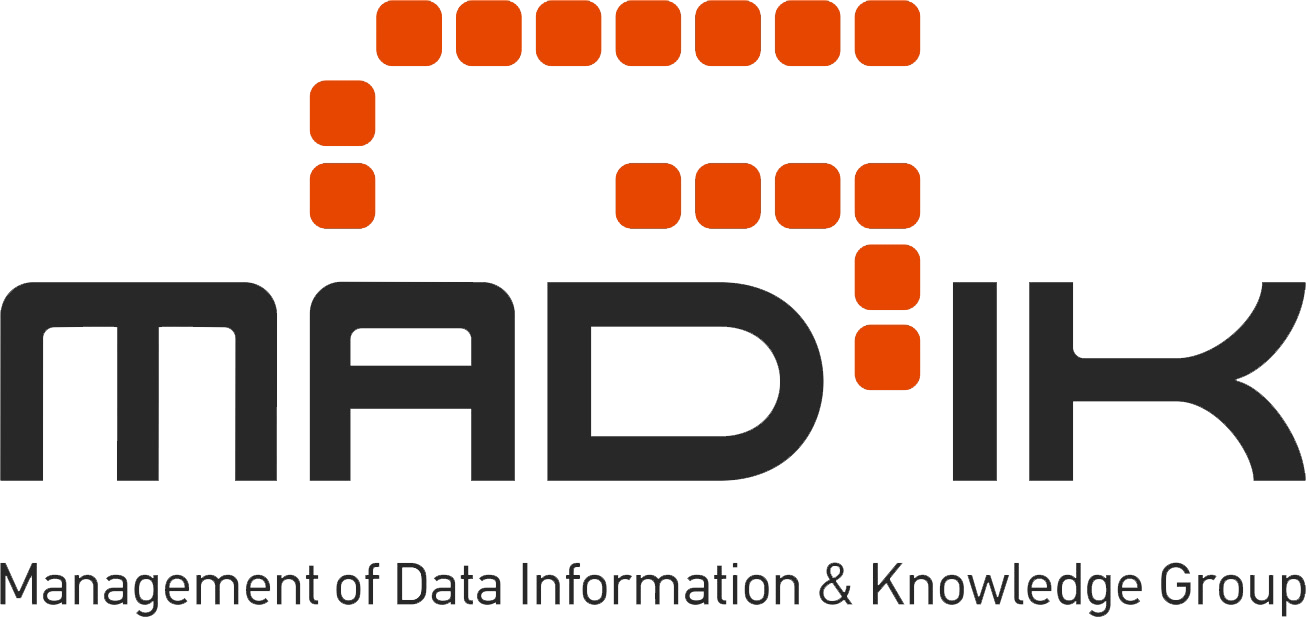Query Optimization in Distributed Networks of Autonomous Database Systems
Large-scale distributed environments, where each node is completely autonomous and offers services to its peers through external communication, pose significant challenges to query processing and optimization. Autonomy is the main source of the problem, as it results in lack of knowledge about any particular node with respect to the information it can produce and its characteristics, for example, cost of production or quality of produced results. In this article, inspired by e-commerce technology, we recognize queries as commodities and model query optimization as a trading negotiation process. Subquery answers and subquery operator execution jobs are traded between nodes until deals are struck with some nodes for all of them. Such trading may also occur recursively, in the sense that some nodes may play the role of intermediaries between other nodes (subcontracting). We identify the key parameters of the overall framework and suggest several potential alternatives for each one. In comparison to trading negotiations for e-commerce, query optimization faces unique new challenges that stem primarily from the fact that queries have a complex structure and can be broken into smaller parts. We address these challenges through a particular instantiation of our framework focusing primarily on the optimization algorithms run on “buying” and “selling” nodes, the evaluation metrics of the queries, and the negotiation strategy. Finally, we present the results of several experiments that demonstrate the performance characteristics of our approach compared to those of traditional query optimization.





